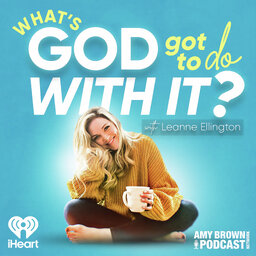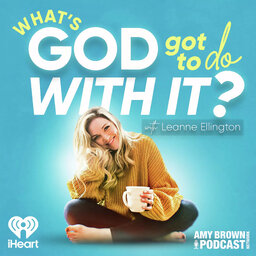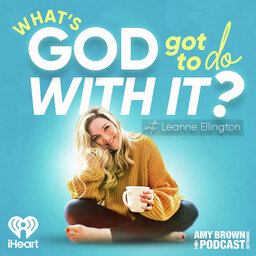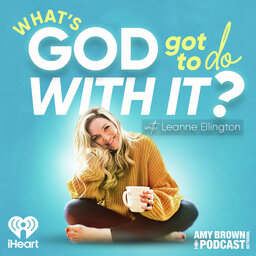What Is Addiction, Really? The Coping Mechanism That Becomes a Trap (With Dr. Chip Dodd)
Addiction isn’t just about substances—it’s about the ways we cope with pain, stress, and unmet needs. In this episode, Chip Dodd and Leanne unpack how behaviors like emotional eating, over-exercising, workaholism, and social media addiction follow the same addictive patterns as substances. They explore the difference between coping mechanisms that help us heal versus those that keep us stuck, and how the brain wires itself for addiction. If you’ve ever felt caught in a cycle of numbing or self-sabotage, this episode will help you understand why—and what you can do about it.
Visit Chip's website at: ChipDodd.com
You can order your copy of Chip's book, The Voice of the Heart: A Call To Full Living HERE.
Listen to the Living With Heart Podcast HERE.
HOST: Leanne Ellington // StresslessEating.com // @leanneellington
To learn more about Leanne, head over to www.LeanneEllington.com, and to share your thoughts, questions, feedback, or guest suggestions instantly, head on over to www.WhatsGodGotToDoWithIt.com.
 What's God Got To Do With It? With Leanne Ellington
What's God Got To Do With It? With Leanne Ellington


